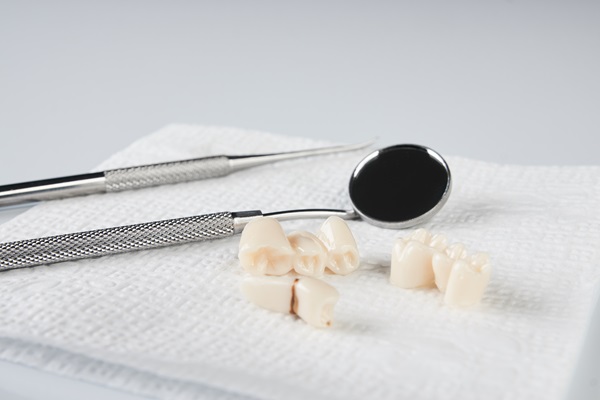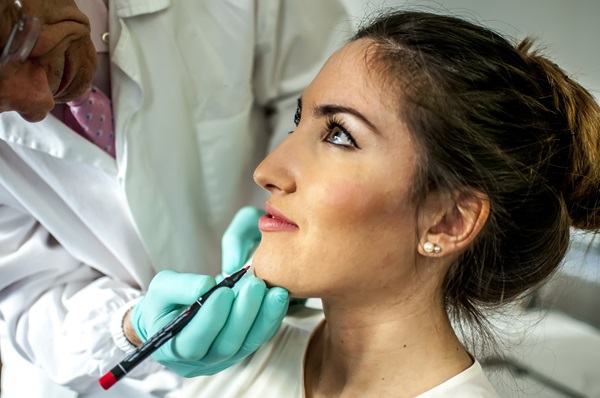Understanding Wisdom Teeth Removal: Procedure and Aftercare Tips

is necessary for patients whose wisdom teeth are causing problems. Crowding, misalignment, and pain are the common issues that these teeth cause. The dentist will recommend extracting them to prevent more problems from developing. Here are the procedural steps, as well as aftercare tips, that you must consider for wisdom teeth removal.
The procedure
The consultation will include a physical dental exam. This will allow the dentist to see how the wisdom teeth look. Ordering dental X-rays can give the dentist the exact location and position of these teeth inside the jawbone. The dentist will review the patient’s medications and supplements during the visit.
Patients with dental fears can ask about sedation dentistry options for wisdom teeth removal. The dentist will talk about nitrous oxide, local anesthesia, general anesthesia, or IV (intravenous) sedation. There will be instructions on how to prepare for each option. Preparing for general anesthesia will include stopping specific medications days before the procedure. The dentist will also tell the patient to fast after midnight before wisdom teeth removal. The following are the steps of this oral surgery, which will normally take about an hour:
- Numbing the area will come first. This will make the procedure comfortable.
- The dentist will make cuts in the gum tissue if the tooth is still in the jawbone and gums.
- Loosening the wisdom tooth will follow. The dentist will then lift it up and away from the jawbone. More complicated cases will involve cutting the tooth into smaller pieces. This will make the wisdom teeth removal faster and easier.
- Cleaning the socket will make sure that it is free of possible infection.
- The dentist will stitch the gum tissue to close it.
- Placing a sterile gauze over the extraction site will help slow down the bleeding.
Aftercare tips
There will be some swelling, discomfort, and bleeding after wisdom teeth removal. The dentist will provide necessary instructions on how to manage these side effects. Someone must bring the patient home once the sedation has faded enough. Below are some aftercare tips to remember during recovery:
- Keep the sterile gauze in place for about 30 minutes after wisdom teeth removal. Patients should replace it with a clean one when they get home. The bleeding will not be excessive. Some oozing is normal.
- Place an ice pack on the cheek area of the extraction for about 20 minutes. Take it off for another 20. Repeat this many times a day.
- Get as much rest as possible. Take some time off for three to five days. Patients should rest longer if their job is stressful and demanding.
- Floss and brush the remaining teeth every day. Do not brush the extraction site.
- Keep the site clean by soaking the area with alcohol-free antimicrobial mouthwash right after wisdom teeth removal. Do not swish it around the mouth. Lean to each side to move the mouthwash around.
- Take the medications according to the dentist’s instructions.
- Refrain from using a straw because this will dislodge the blood clots.
- Stay away from acidic, chewy, and hard foods.
Wisdom teeth removal can improve your oral health and quality of life
Research reveals that some people refuse to have their or their children’s wisdom teeth extracted. But these teeth may already be causing chaos in the mouth. Wisdom teeth removal can prevent these serious dental issues from developing. Working with your dentist can help you recover well from your procedure.
Request an appointment here: https://spectrumsurgical.net or call Facial Spectrum at (816) 524-4334 for an appointment in our Lee's Summit office.
Check out what others are saying about our dental services on Yelp: .
Recent Posts
While receiving a referral to a jaw surgeon can raise many questions, our jaw surgeon and team are here to help. We have the professional training and knowledge to ensure patients receive the proper care they need. Our treatment can help address conditions affecting the mouth, jaw, head, neck, and face. We can help determine…
Infections after dental procedures occur frequently and that is primarily due to a lack of education on how to avoid it, however, with the help of an oral surgeon, infections can be avoided in a few ways. Oral surgeons are dental professionals who focus on invasive procedures that are necessary in order to treat or…
Your facial surgeon will prepare you well before your jaw surgery. This invasive procedure can improve your appearance and relieve your pain. It can also enhance your dental health. Here are the important details that your facial surgeon would want you to know before your jaw surgery.The upper and lower jaws are important in completing…
Clinical studies show that the dental implant remains the gold standard of dental restorations. Implants can help bring back your smile and dental function. The right dental professional can perform the procedure without any issues. Here are the details on how an oral surgeon approaches a dental implant surgery.Choosing a dentist who has training and…


